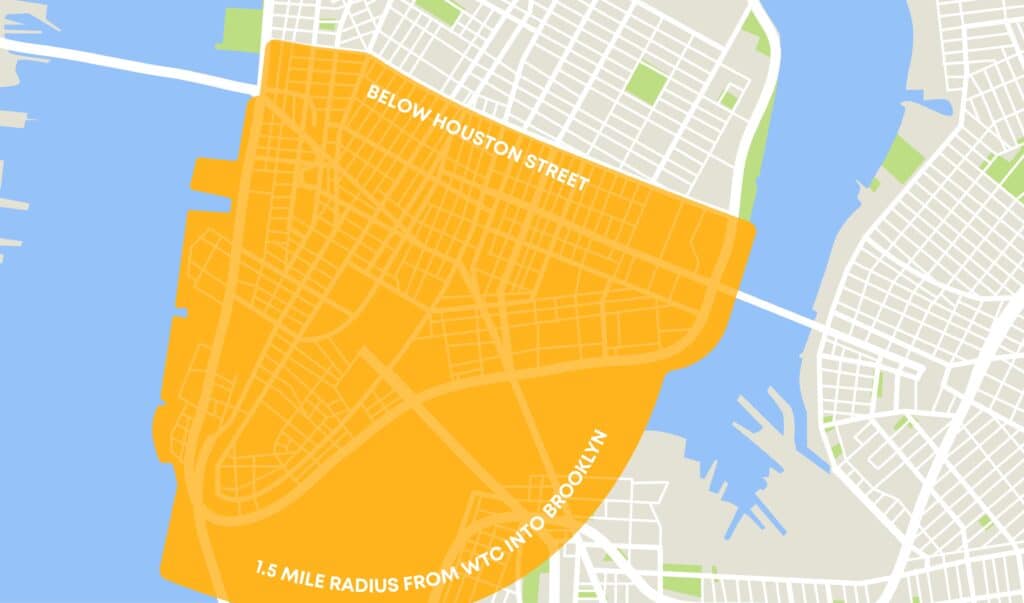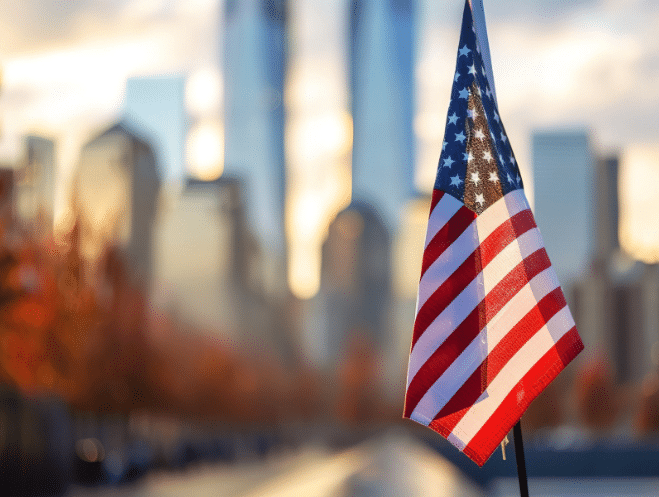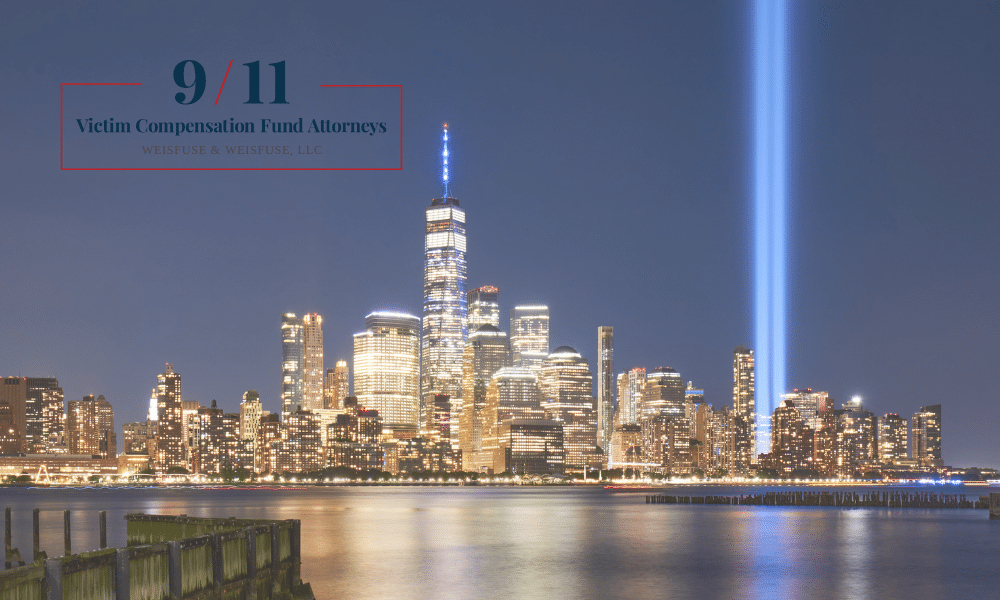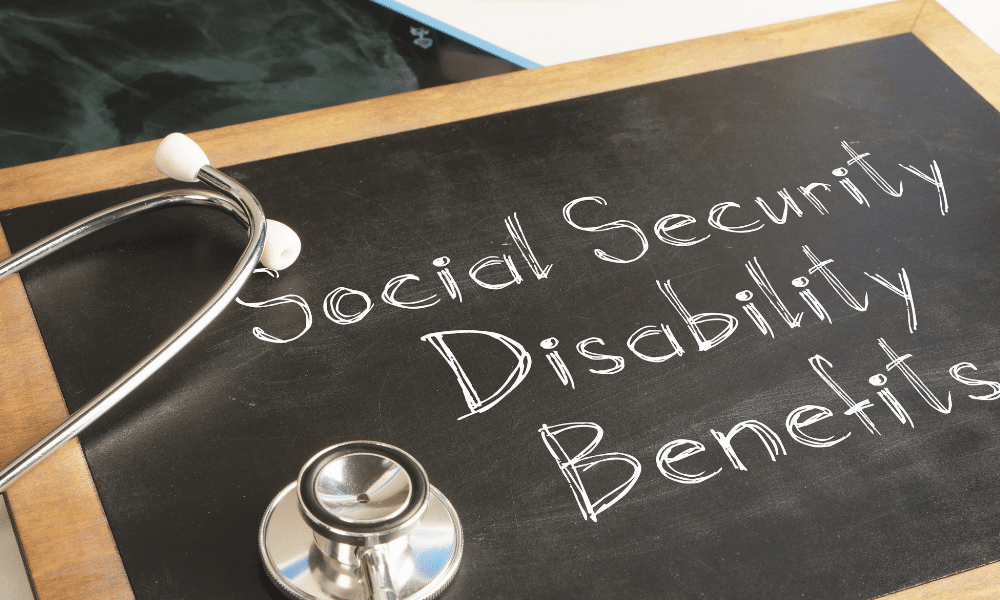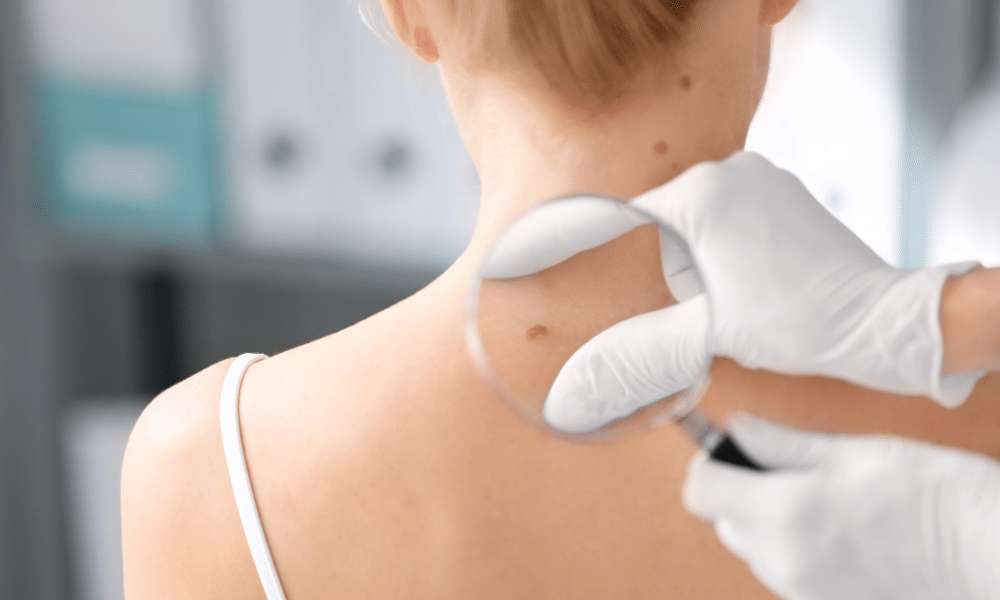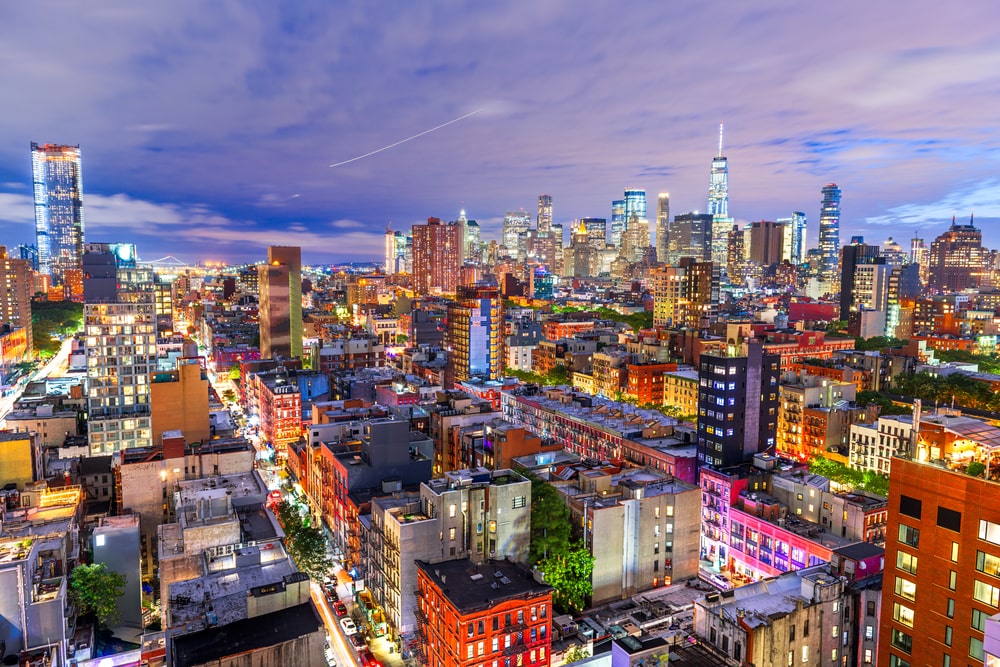
On September 11th, 2001, the terrorist attack on the World Trade Center in NYC resulted in the immediate death of nearly 3,000 people. As disturbing as that is, almost as many people have died from 9/11-related health problems in the two decades, and that number continues to grow. In fact, the number of fatalities from 9/11 cancers, respiratory conditions, and other health problems will eventually surpass the number of deaths directly attributed to the attacks.
When the towers collapsed, a toxic dust cloud formed in the Lower Manhattan area. This dust, which contained carcinogenic substances such as lead, chromium, and benzene, remained in the air for months after the attacks. As a result, tens of thousands of responders, and individuals who lived, worked, and studied in Lower Manhattan have been diagnosed with 9/11 health problems.
VCF Compensation and WTCHP Medical Care Available to Downtown Manhattan Workers
Anyone who worked in downtown Manhattan on 9/11 or in the weeks and months that followed may be able to obtain compensation and medical care for injuries and illnesses related to their presence in the disaster area.
In 2010, the James Zadroga 9/11 Health and Compensation Act was created in honor of the first NYPD officer to succumb to 9/11 injuries. The Zadroga Act resulted in the creation of two programs to help people suffering from 9/11-related illnesses and health problems. The World Trade Center Health Program (WTCHP) provides medical treatment and health monitoring to victims, and the September 11th Victim Compensation Fund (VCF) provides compensation to victims and their families.
Lower Manhattan Workers With 9/11 Related Illnesses Can Receive Compensation & Care
Individuals who worked in Lower Manhattan represent the largest group of victims exposed to the toxic dust cloud. In fact, it is estimated that a minimum of 300,000 people worked in that area on 9/11 and during the weeks and months that followed. Only days after the disaster, countless workers were back in the office in an attempt to return to normalcy. But the air remained toxic, and many of these workers inhaled asbestos, lead, PCBs, and the 2,500 other carcinogens and toxins known to be in the dust.
As a result, tens of thousands of Lower Manhattan workers have been diagnosed with severe health problems related to their exposure to toxic dust on and after 9/11. Nearly 20 years after the disaster, people continue to be diagnosed with harmful and deadly conditions. Any worker who was present in the area now known as the 9/11 Exposure Zone between September 11th, 2001 and May 30th, 2002, may be able to obtain medical treatment from the WTCHP and financial compensation from the VCF.
The WTCHP has certified an extensive list of medical conditions currently eligible for VCF and WTCHP benefits. Traumatic injuries, mental health disorders, respiratory conditions, and at least 68 types of cancer are among them. Here is the complete list of WTCHP-certified health conditions and injuries. Contact Weisfuse & Weisfuse, LLC today for more information.
Who Qualifies as a Lower Manhattan Worker in the 9/11 VCF Exposure Zone?
Thousands of workers in various industries were exposed to toxic dust and fumes in the weeks and months following 9/11. You may qualify if you held a job—whether full-time, part-time, or contract-based—within the Exposure Zone during the qualifying timeframe. This includes:
- Accountants
- Attorneys and legal staff
- Bank employees
- Business professionals
- Cashiers and clerks
- Cleanup and decontamination crews
- Construction and demolition workers
- Engineers and architects
- Government and municipal workers
- Hospital and healthcare personnel
- Housekeepers and building maintenance staff
- Insurance and financial service professionals
- Janitorial and custodial staff
- Restaurant and hospitality workers
- Retail employees
- Wall Street brokers and financial analysts
Many individuals worked in these roles without knowing the long-term health risks. If you later developed a condition certified by the World Trade Center Health Program, you may be entitled to significant compensation. Consulting an experienced VCF attorney is the best way to understand your rights and next steps.
If you worked in Lower Manhattan on or after September 11, 2001, and have been diagnosed with a 9/11-related illness or cancer, you may be eligible for compensation through the September 11th Victim Compensation Fund (VCF). Eligibility is based in part on whether you were present in the 9/11 Exposure Zone, which includes a 1.5-mile radius around Ground Zero.
This area covers parts of downtown Manhattan, including but not limited to:
- Battery Park
- Chinatown
- FDR Drive
- Little Italy
- Lower East Side
- SoHo
- Tribeca
- Wall Street
Because the boundaries are not always clear, workers unsure of whether their job site falls within the Exposure Zone should speak with a qualified 9/11 VCF attorney to confirm eligibility.
How To Apply For WTCHP Benefits and VCF Compensation
To prove presence in the Exposure Zone during the qualifying timeframe, Lower Manhattan workers must show Proof of Presence documentation forms. This may include but is not limited to:
- Paystubs
- Letter from employer or former employer
- Work orders
- Worker injury reports
- An affidavit signed by someone willing to attest to the worker’s presence
Photographs and other documentation/evidence may also be used. An experienced WTC lawyer can help victims with 9/11 illnesses protect their rights and obtain the compensation they deserve.
Contact Weisfuse & Weisfuse, LLC Today
At Weisfuse & Weisfuse, LLC our experienced 9/11 attorneys have helped countless Lower Manhattan workers get the VCF compensation and WTCHP benefits they need and deserve by providing thorough, focused legal counsel and submitting medically-supported optional impact statements to the VCF. Individuals who worked in the Exposure Zone between September 11th, 2001 and May 30th, 2002 comprise the largest group exposed to the toxic dust. Don’t attempt to go through this complex process without the help of skilled legal counsel. Call Weisfuse & Weisfuse, LLC today at 212-983-3000 for a free and confidential consultation.


